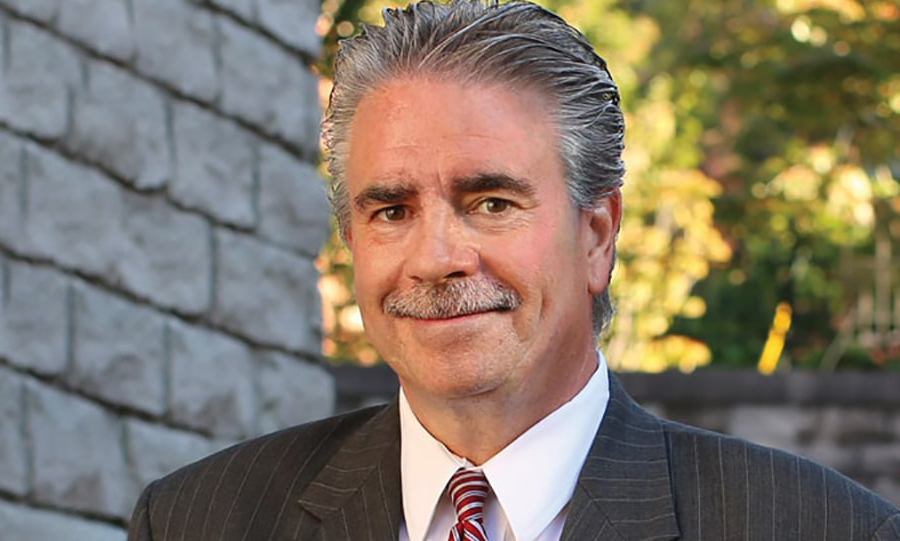With the spread of COVID-19, state and federal authorities have recognized the importance of expanding the availability of telehealth to reduce face-to-face encounters that could spread the virus. As such, they have enacted the new regulations and guidance discussed below.
Kentucky
Kentucky has enacted a special emergency regulation regarding enhanced Medicaid services during a national emergency. According to 907 KAR 3:300E, telehealth is included as one of the enhanced Medicaid services. Under the new regulation, telehealth now includes:
- Any service designated as face-to-face only throughout Title 907 KAR. These include, behavioral health services, residential crisis stabilization units, advanced practice registered nurse services, case management for substance abuse disorders, and support for community living service for an individual with intellectual or developmental disability.
- The use of equipment, such as a telephone, that would not customarily be allowable for a telehealth service pursuant to Title 907 KAR.
- Expanded use of asynchronous telehealth or store-and-forward telehealth, which includes remote patient monitoring or any other telehealth service for which an evidence base exists to justify the safety and efficacy of the service when provided as asynchronous telehealth.
Based on the above, providers may now extend care remotely to Medicaid patients for services not previously reimbursable as telehealth services and via methods not previously available. This includes providing care via telephone and non-secure mobile applications like FaceTime or Skype. Gov. Beshear supported the expansion of telehealth services as the Commonwealth moved towards mandating the cessation of elective medical procedures.[1]
Additionally, on March 20, 2020, the Kentucky Board of Medical Licensure issued an Advisory stating that in some circumstances, controlled substances may now be refilled via telehealth methods without a face-to-face encounter.[2] To remotely refill a controlled substances prescription, the provider should consider the patient’s history of compliance and whether the patient is on an established and stable dose of medication. Refilling the same medication at the same dosage for an established patient is appropriate given the current state of emergency.
Accordingly, providers should review the emergency regulation and KBML Advisory Opinion and adopt practices relating to the provision of telehealth accordingly.
Federal
Medicare services have also been impacted by the spread of COVID-19. Like Medicaid, Medicare has expanded telehealth services for all of its enrollees so that they can receive healthcare services from their providers remotely for services not previously reimbursable as telehealth services and via methods not previously available.[3]
The Office of Civil Rights has implemented a Section 1135 Waiver, under which providers can use unsecure apps such as Facetime to communicate with patients and provide telehealth without being subject to penalties under HIPAA.[4] On March 20, 2020, the OCR issued guidance in the form of a frequently asked questions (FAQs) to clarify how OCR is applying the Section 1135 Waiver to support the good faith provision of telehealth.[5] The FAQ clarifies that OCR expects that providers will conduct telehealth in private settings. Providers should never provide services in public or semi-public settings absent patient consent. However, if telehealth cannot be provided in a private setting, the provider should implement reasonable HIPAA safeguards to limit incidental disclosures, such as using lowered voices, not using speakerphone, or recommending the patient move to a reasonable distance from others. The FAQ also clarifies that the use of “public-facing” products like TikTok and Facebook Live are unacceptable forms of remote communication for telehealth because they are designed to be open to the public. Providers must use “non-public facing” products like FaceTime, Facebook Messenger, Google Hangouts, or Skype, for example, because these platforms employ end-to-end encryption.
Additionally, under the Section 1135 Waiver, CMS is temporarily waiving the requirement that out-of-state providers be licensed in the state where they are providing services when they are licensed in another state.[6] This applies to services provided to both Medicare and Medicaid beneficiaries. However, each state must still waive similar restrictions in their own state laws.
Conclusion
State and federal authorities have recognized that telehealth will be integral in providing relief to our healthcare system as COVID-19 peaks. It is in the best interest of health care providers to review the regulations and guidance and adopt appropriate plans.
[1] https://chfs.ky.gov/agencies/dph/covid19/electiveproceduredirective.pdf.
[2]https://kbml.ky.gov/Documents/Advisory%20on%20Prescribing%20During%20Declaration%20of%20Emergency.pdf
[3] https://www.cms.gov/newsroom/press-releases/president-trump-expands-telehealth-benefits-medicare-beneficiaries-during-covid-19-outbreak.
[4] https://www.hhs.gov/about/news/2020/03/17/ocr-announces-notification-of-enforcement-discretion-for-telehealth-remote-communications-during-the-covid-19.html; https://www.cms.gov/newsroom/press-releases/president-trump-expands-telehealth-benefits-medicare-beneficiaries-during-covid-19-outbreak.
[5] https://www.hhs.gov/sites/default/files/telehealth-faqs-508.pdf.
[6] https://www.cms.gov/files/document/covid19-emergency-declaration-health-care-providers-fact-sheet.pdf




